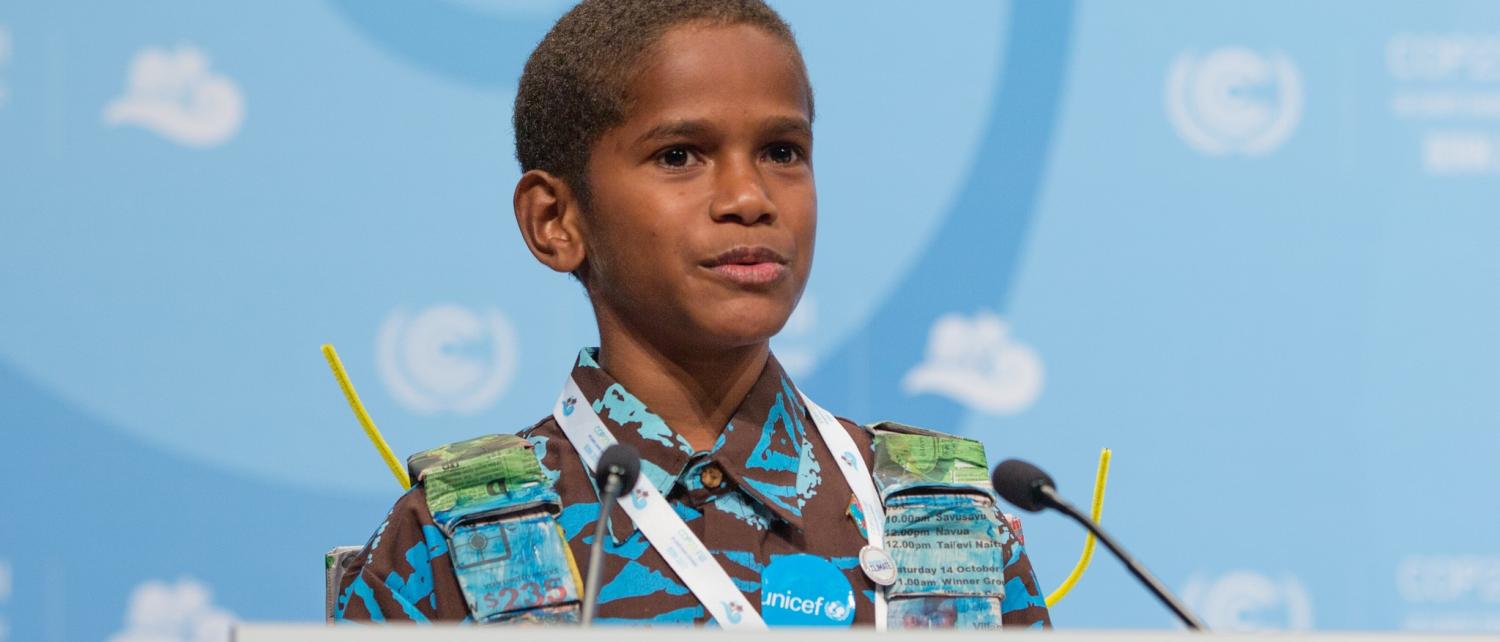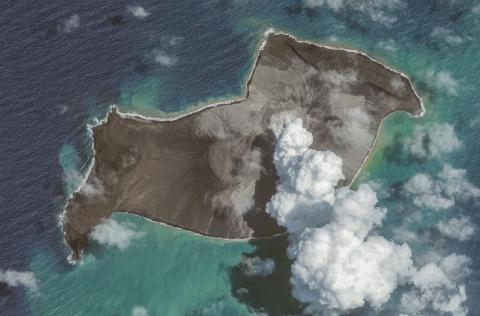By Euan Moyle, an intern with the Lowy Institute's Pacific Islands Program.
- The crisis on Manus Island continues almost a month after the refugee processing centre officially closed. This powerful photo essay from the New York Times illuminates the situation for Manusians and asylum seekers in the centre.
- Meanwhile, the new operator of Australia's detention centre on Nauru has been revealed. Canstruct will be paid $385 million over the next year to provide services to the more than 1,000 asylum seekers remaining on the island.
- Labor Shadow Defence Minister Richard Marles addressed the Lowy Insitute earlier this week on Australia's lacking approach to the Pacific, arguing that Australia currently has a 'holding pattern policy' when it comes to the region.
- Eric Kwa from the PNG Constitutional and Law Reform Commission addressed ANU's Development Policy Centre in Canberra on the importance of anti-corruption laws in PNG and the soon-to-be-established Independent Commission Against Corruption.
- The Democratic Party of Tongan Prime Minister 'Akilisi Pohiva, whose government was dismissed by the Tongan King in August, has been returned in a snap election, winning 14 of 26 electoral seats. ABC's Pacific Beat spoke to Commonwealth Observer Group chair Margaret Wilson on the organisation of the election.
- The COP23 UN Climate Change Conference hosted by Fiji concluded in Bonn last week, with Fijian schoolboy Timoci Naulusala addressing world leaders on how climate change is affecting his community:


